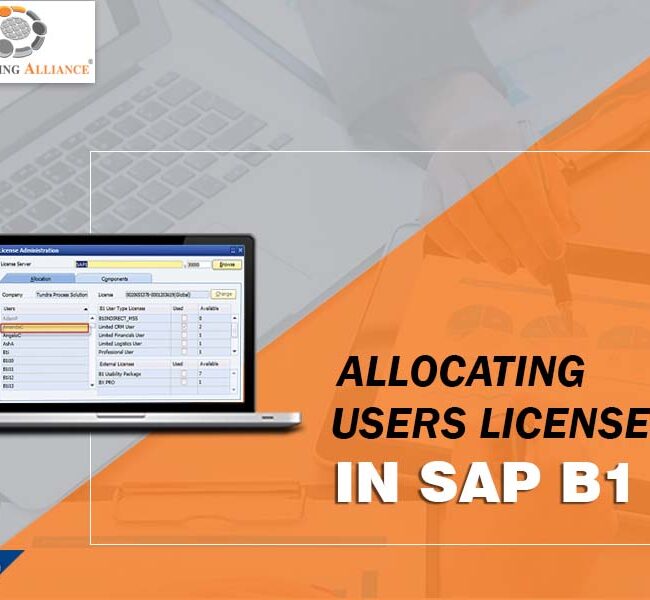
THE FACTS OF ERP AND ITS TRUE VALUES


HOW TO SUCCESSFULLY IMPLEMENTATION AN ERP SYSTEM
ERP FACTS
ERP implementation is the best investment you can make to your help your business to pace up your customer service deliveries, and keep your data organized and your growth systematized.
22% of administrative costs can be saved by a successful ERP.
51% ERP implementations are considered a failure.
21% of all ERP implementations fail to deliver significant business benefits.
23% operational costs can be saved by a successful ERP.
WHAT TO DO?
| A journal voucher is a document where the essential information about an accounting transaction is being stored. |
Here’s a step by step high level process to ensure that your time and resource are invested only in a successful implementation of ERP system.
- DEFINE SCOPE OF PROJECT
- Define the goals of the project.
- Define objectives of project.
- Look for anticipated risks.
- Assign team and roles.
- SELECT AN ERP SYSTEM
- Choose from the following
- Custom build ERP.
- Cloud based industry solutions.
- Customized cloud based ERP.
- Choose a partner for implementations.
- CREATE A PROJECT PLAN
- Define goals-objectives.
- Create structured timelines.
- Create a TO-DO list for team members.
- Create case studies for development partner.
- Create a point wise checklist for functional points.
- DEFINE IMPLEMENTATION PHASES
- Identify modules of ERP for your business.
- Map your business processes.
- Prepare a gap-analysis document.
- MAKE ACHIEVABLE SCHEDULE
- Make flexible schedules to allow adjustments.
- Keep everything detailed.
- Consult your IT partner.
- Include regular status update reports.
- COMMUNICATION-PLAN
- Schedule meetings with IT partners.
- Schedule mid-way approvals.
- Fix agendas for next meetings.
- ARRANGE MID WAY APPROVALS
- Schedule range of midway approvals.
- Prepare test cases for each of the above.
- Involve your key persons for testing.
- PLAN YOUR TESTING
- Conduct technical test.
- Conduct functional test.
- Conduct user-acceptance test.
- Confirm auto-backups
- Prepare demo videos.
- MIGRATE BUSINESS DATA
- Convert from previous ERP.
- Collect business data
- Remove outdated data.
- Approve for 100% accuracy.
- CHANGE-MANAGEMENT
- Expect the change.
- Motivate your staff
- Get full-fledged user-guide.
- Arrange functional training for staff.
- Establish a sense of urgency.
- PLAN GO-LIVE
- Test access right limitations.
- Confirm accurate data migration.
- Test with real case studies.
- Test business reports.
- SUPPORT-MAINTENANCE
- After successful implementation.
- Continue with your partner with a support plan to continue to enjoy business benefits.
To ensure a successful ERP implementation or to minimize the pitfalls you might encounter during your journey, here is a list of “what not to do” during the ERP project.
WHAT NOT TO DO?
- LACK OF RESEARCH
Remedy: look for industry specific ERP solutions first or industry specific solutions in Odoo’s suite of ERP modules.
- GOING FOR HUGE CUSTOMIZATIONS.
Remedy: Go with the offering with least possible customization for long run.
- USING COMPETITOR’S ERP.
Remedy: This can be a great step but can reduce your USP.
- NOT INVESTING IN TRAINING.
Remedy: Conduct a well-planned training program for your staff.
- NOT INVESTING IN MAINTENANCE.
Maintenance support at least first years in must.
Get started today.
Visit: www.emerging-alliance.com







